Daily Schedules
There are a variety of time schedules that can fit your personality. These include engagement books, a piece of poster board tacked to a wall, or 3 x 5 cards. Once you decide upon the style, the next step is construction. It is best to allow spaces for each hour, half-hours for a busy schedule. First, put down all of the necessities; classes, work, meals, etc.
Now block in your study time (remember the study time formula presented earlier). Schedule it for a time when you are energized.
Also, it's best to review class notes soon after class. Make sure to schedule in study breaks, about 10 minutes each hour. Be realistic on how many courses to take. To succeed in your courses you need to have the time to study. If you find you don't have time to study and you're not socializing to an extreme, you might want to consider lightening your load.
Tips for Saving Time Now that you know how you spend most of your time, take a look at it. Think about what your most important things are. Do you have enough time? Chances are that you do not. Below are some tips on how to schedule and budget your time when it seems you just don't have enough.
Don't be a Perfectionist
Trying to be a perfect person sets you up for defeat. Nobody can be perfect. Difficult tasks usually result in avoidance and procrastination. You need to set achievable goals, but they should also be challenging. There will always be people both weaker and stronger than you.
Learn to Say No
For example, an acquaintance of yours would like you to see a movie with him tonight. You made social plans for tomorrow with your friends and tonight you were going to study and do laundry. You really are not interested. You want to say no, but you hate turning people down. Politely saying no should become a habit. Saying no frees up time for the things that are most important.
Learn to Prioritize
Prioritizing your responsibilities and engagements is very important. Some people do not know how to prioritize and become procrastinators. A "to do list" places items in order of importance. One method is the ABC list. This list is divided into three sections; a, b, or c. The items placed in the A section are those needed to be done that day. The items placed in the B section need completion within the week. The C section items are those things that need to be done within the month. As the B, C items become more pertinent they are bumped up to the A or B list. Try it or come up with your own method, but do it.
Combine Several Activities
Another suggestion is to combine several activities into one time spot. While commuting to school, listen to taped notes. This allows up to an hour or two a day of good study review. While showering make a mental list of the things that need to be done. When you watch a sit-com, laugh as you pay your bills. These are just suggestions of what you can do to combine your time, but there are many others, above all be creative, and let it work for you.
Conclusion
After scheduling becomes a habit, then you can adjust it. It's better to be precise at first. It is easier to find something to do with extra time then to find extra time to do something. Most importantly, make it work for you. A time schedule that is not personalized and honest is not a time schedule at all.



